News
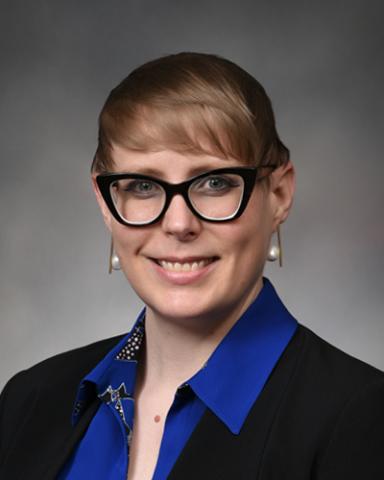
Erin Camac, DO, FCCP, is an associate professor of medicine, as well as a pulmonologist and critical care medicine physician. She said that within her specialty, women are underrepresented. “The principle ‘you can't be what you can't see’ is very true in these environments,” Dr. Camac said. “I am very lucky to have come to my field with the help of amazing female mentors.”
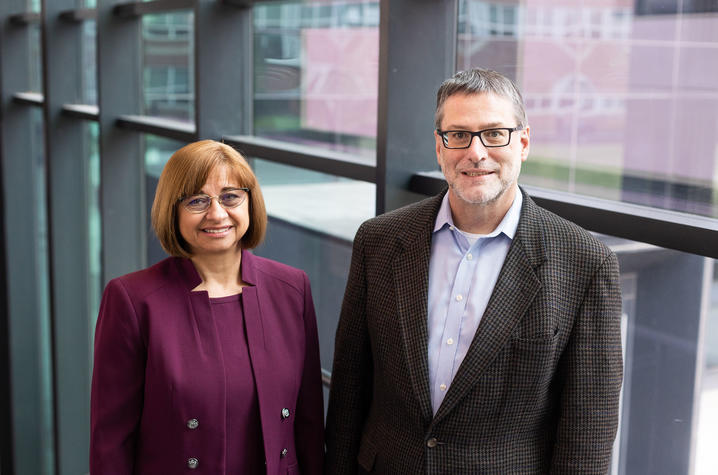
University of Kentucky researchers are creating an innovative statewide surveillance system to inform prevention and response efforts aimed at reducing the burden of opioid use disorder in Kentucky.
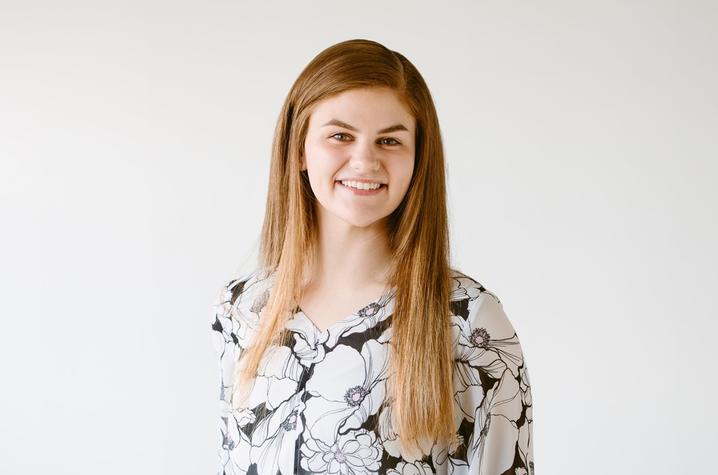
Two University of Kentucky seniors — Kayli Bolton and Kayla Horne — interviewed this year for the Gates Cambridge Scholarship, and Bolton was awarded one of only 23 Gates Cambridge Scholarships presented nationally to students hoping to pursue postgraduate study at the University of Cambridge in E
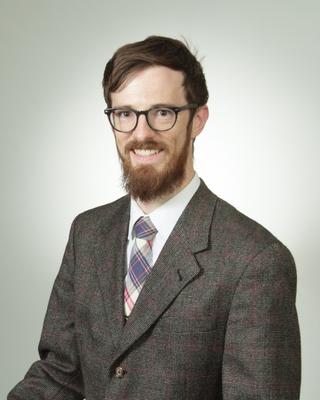
Thaddeus Salmon, MD, assistant professor of internal medicine and pediatrics, recognized addiction as a major health challenge for patients in Kentucky. He felt that as a physician, it was “a moral conviction” to continue learning how he could best serve his patients and integrate addiction medicine into his practice.
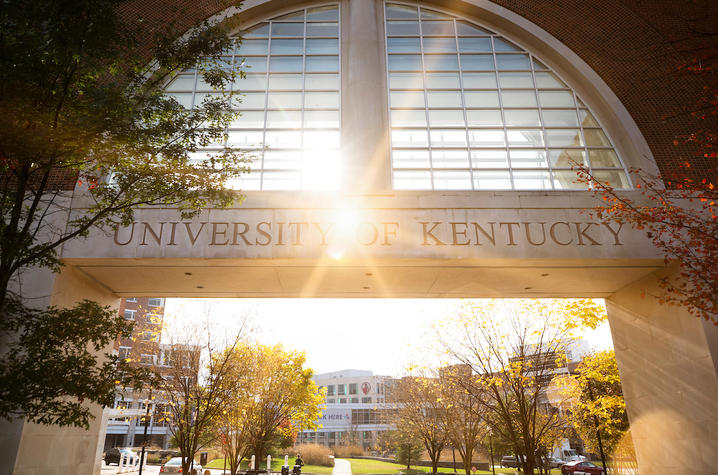
Well-being matters.
And at the University of Kentucky, we understand that ensuring the success of our community members means supporting the whole person.
It is important to provide an outstanding academic experience and opportunities for professional development, as well as address mental health and overall well-being.

The University of Kentucky College of Medicine is proud to recognize its fourth-year students who learned their pivotal next step in training – residency – during Friday’s Match Day celebrations.
The University of Kentucky is hosting its fifth annual Substance Use Research Event (SURE) April 24 in the UK Gatton Student Center. This free event showcases translational research conducted at UK focusing on substance use and substance use disorder.

Claire Collins, MD, knew the University of Kentucky Internal Medicine/Psychiatry Residency Program was a perfect fit after she completed her interview.
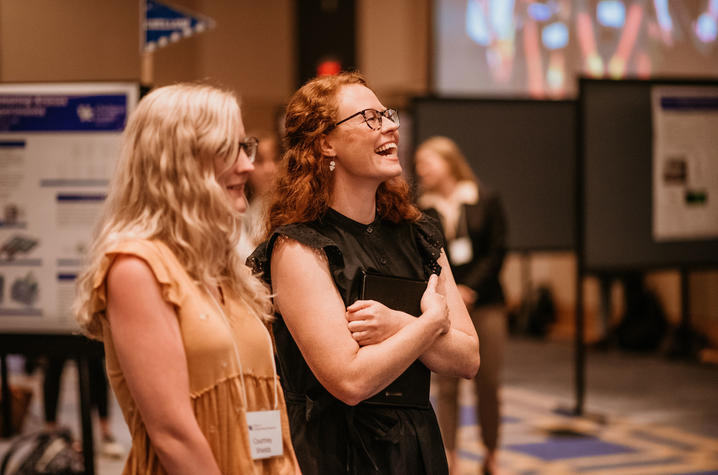
The University of Kentucky Office of Undergraduate Research is now accepting nominations for the 16th annual UK Excellent Undergraduate Research Mentor of the Year awards.

Appalachian Research Day, known as "Come Sit on the Porch," is an annual conference hosted by the University of Kentucky Center of Excellence in Rural Health (UK CERH) to share results of health research conducted with communities in Appalachia.
The National Institutes of Health (NIH)awarded the University of Kentucky a prestigious center grant to share its expertise and lead national efforts to build diverse academic research environments.
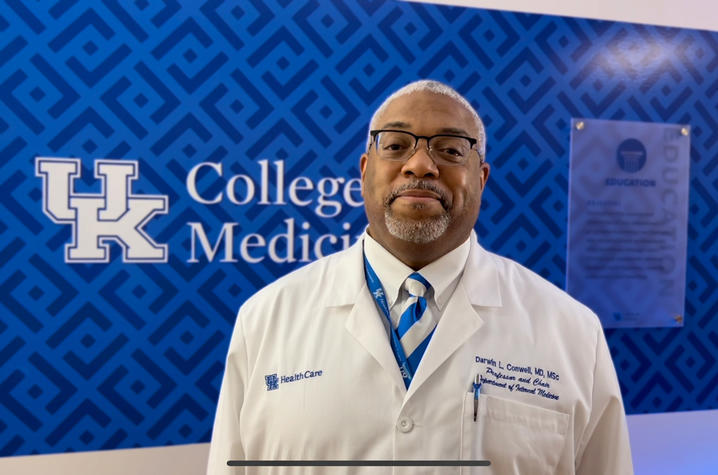
In this “UK at the Half,” University of Kentucky HealthCare medical pancreatologist Darwin Conwell, MD, discusses the importance of research in a doctor’s training as well one of his major ongoing research projects.

A team of researchers at the University of Kentucky is studying strategies to prevent child sex trafficking (CST) across the Commonwealth. The first phase of the project involves raising awareness about the issue.

Nearly three years ago, the University of Kentucky College of Medicine launched the Alliance Research Initiative to promote collaboration and mentorship through interdisciplinary research teams. With members spanning across UK departments and colleges, these teams were established to address Kentucky’s most urgent health needs.
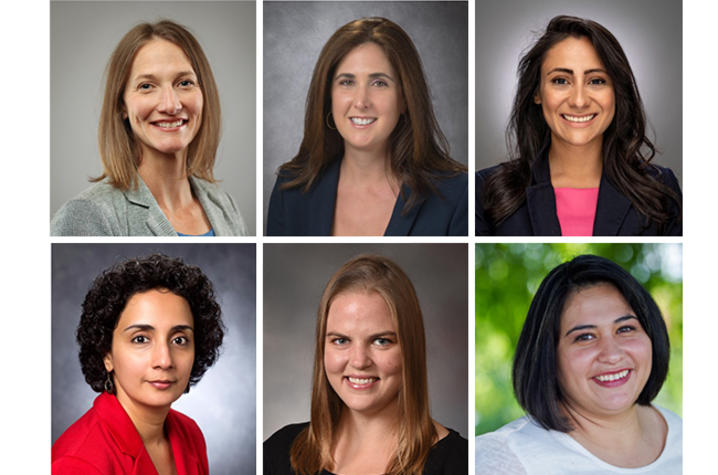
The Research Scholars Program (RSP) has welcomed its third cohort of six faculty from five University of Kentucky colleges. The program is aimed at ensuring diversity, equity and inclusion in research by promoting faculty success.

The 2023 American Society for Neurochemistry (ASN) annual meeting is set to take place March 18 to March 22 in downtown Lexington.
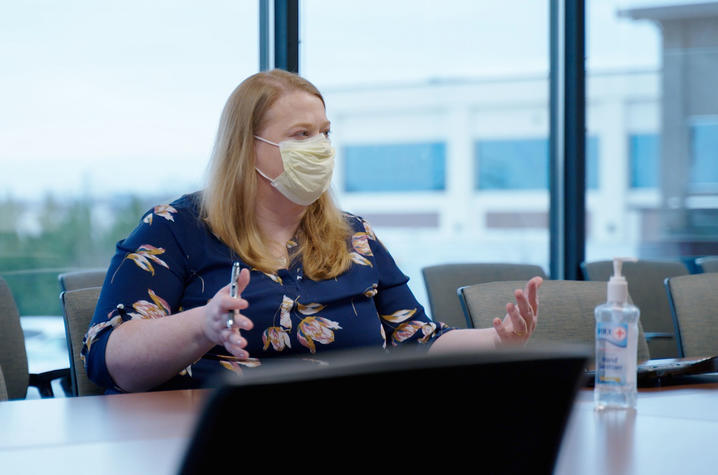
Throughout March, the University of Kentucky is spotlighting Women Making History during Women’s History Month. These women are leading their fields of research and impacting the lives of Kentuckians.
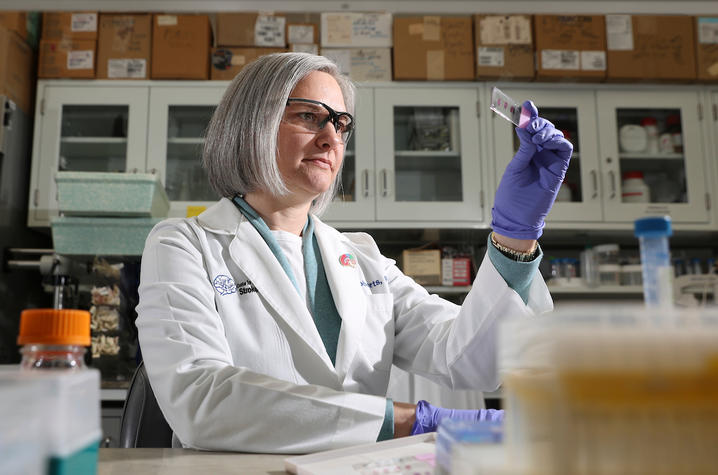
Feb. 28 is international Rare Disease Day. Kentucky has surprisingly high rates — almost 10 times the national average — of a rare condition called Moyamoya syndrome, which causes the internal carotid arteries in the brain to become narrow or blocked.

The University of Kentucky College of Medicine is pleased to announce the faculty, staff, and learners who were winners of the annual Mission, Vision, Pillar, and Enabler Awards.
“That day I woke up feeling completely normal.”
At 37 years old, Salvisa resident Jessica Moore is still taken aback as she reflects on what transpired last July.